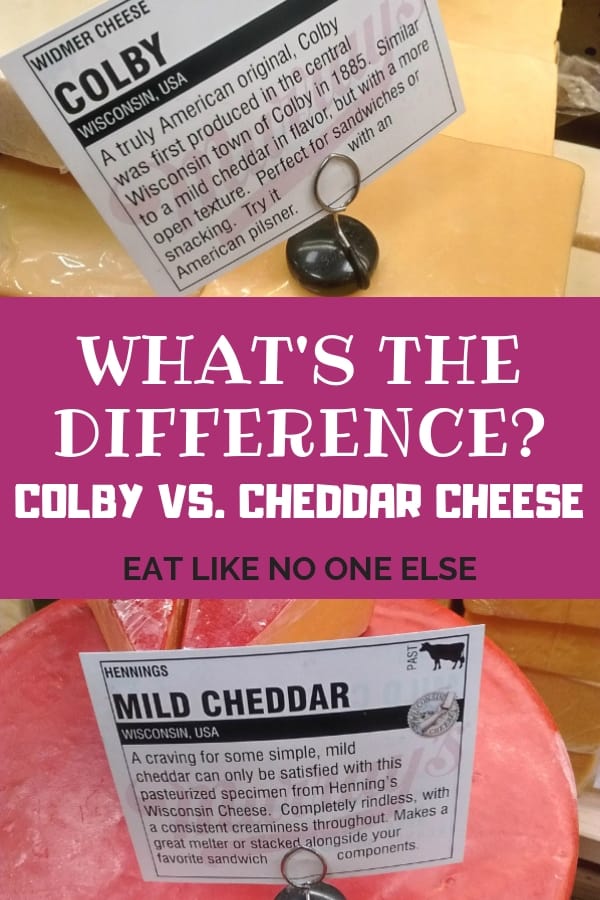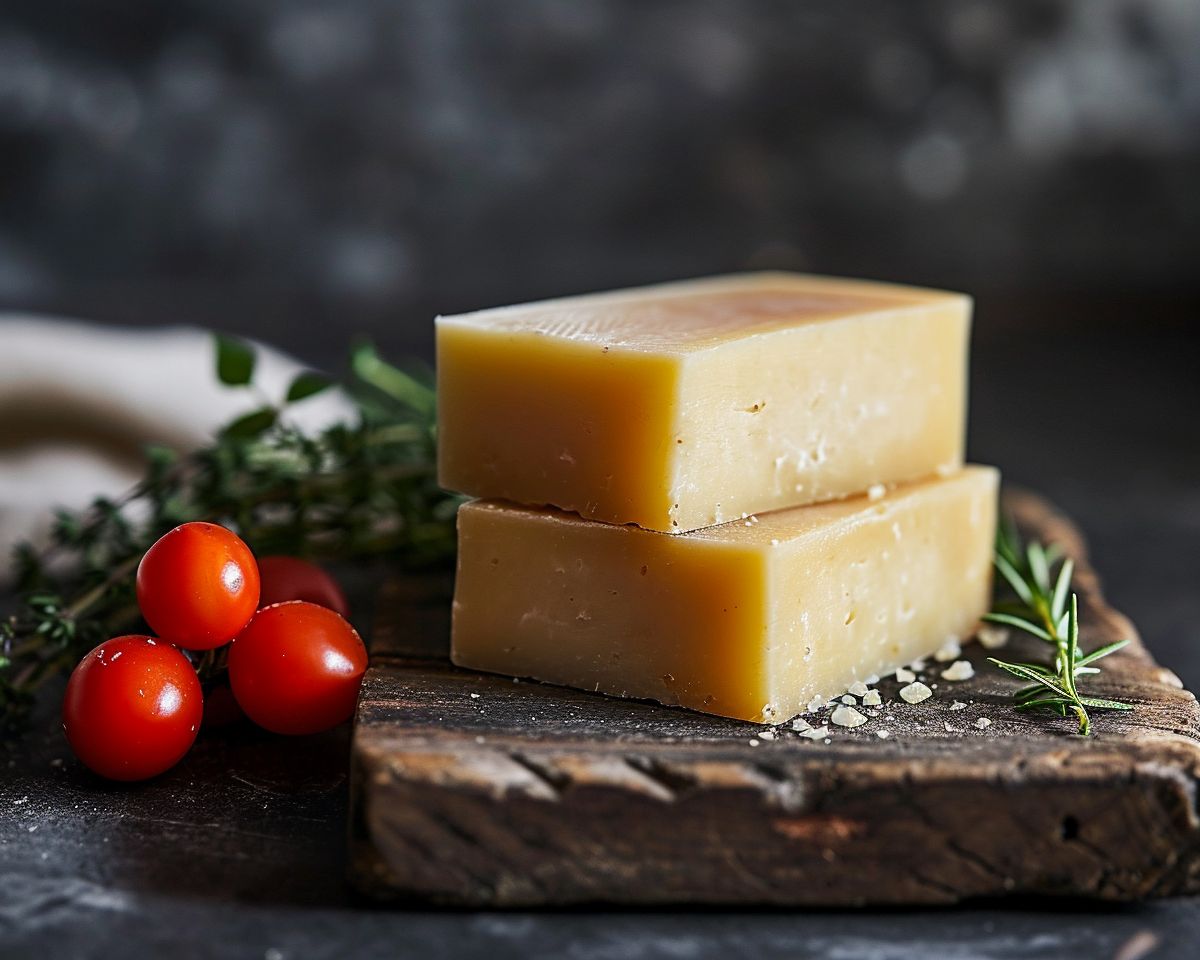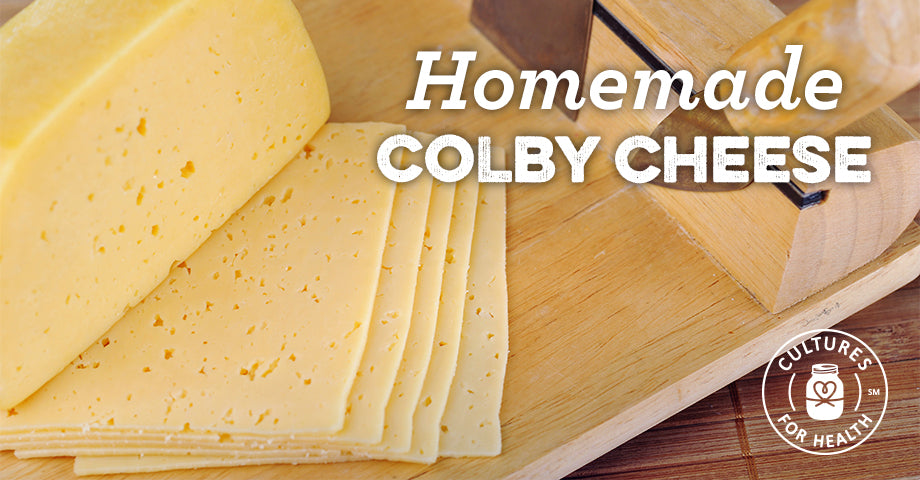Cheddar Cheese Overview

Cheddar cheese, a beloved dairy product, is a type of hard cheese that originated in the English village of Cheddar in the 12th century. It is made from cow’s milk and is known for its rich, creamy texture and sharp flavor. Cheddar’s bold flavor and versatility in cooking have made it a favorite for traditional dishes and cheese boards. It pairs well with a variety of flavors, from tangy apples to savory bacon. Whether melted on a burger or enjoyed on its own, cheddar cheese adds a delicious and tangy punch to any recipe or snack.
Cheddar Cheese History And Origin
Cheddar cheese, a beloved dairy product, has a rich history and origins dating back to the 12th century in the English village of Cheddar. It was originally made by farmers in the region and aged in caves. Over time, the popularity of Cheddar cheese spread across the globe, with its production methods being adopted by other countries. Today, Cheddar cheese is known for its distinct flavor and is a staple in many recipes and cheese boards. Its long and storied history has made it a timeless favorite among cheese lovers worldwide.
Cheddar Cheese Flavor Profile
Cheddar cheese is known for its distinct and bold flavor profile. It has a rich and savory taste with hints of nuttiness and sharpness. The flavor intensifies as the cheese ages, with older cheddars boasting a stronger and more complex taste. The aging process also adds a slight tanginess to the cheese. Cheddar cheese can range in flavor from mild and creamy to sharp and tangy, offering a versatile option for various culinary applications. Its bold flavor makes it a popular choice for sandwiches, macaroni and cheese, and grilled cheese sandwiches.
Colby Cheese Overview

Colby cheese is a popular American cheese that originated in Colby, Wisconsin. It is a semi-hard cheese made from cow’s milk and has a vibrant yellow color. Colby cheese is known for its mild and creamy flavor, with a hint of sweetness. It has a smooth and soft texture, making it perfect for melting. Colby cheese is often compared to cheddar cheese, but it has a milder taste and a less acidic profile. It is commonly used in sandwiches, burgers, and as a topping for baked potatoes.
Colby Cheese History And Origin
Colby cheese, with its mild and creamy flavor, has an interesting history and origin. This cheese variety was first created in the year 1875, near the city of Colby, Wisconsin. Ambrose Steinwand and his family operated a small cheese factory in the area, where they primarily made cheddar cheese. However, they decided to experiment and created a new cheese that became known as Colby cheese. It quickly gained popularity due to its unique taste and texture. Today, Colby cheese continues to be enjoyed by cheese lovers worldwide.
Colby Cheese Texture And Melting Qualities
Colby cheese is known for its smooth and creamy texture. It has a semi-soft consistency, making it easy to slice and melt. The cheese has a slightly elastic quality, allowing it to stretch when melted. This makes it perfect for dishes like grilled cheese sandwiches and macaroni and cheese. When melted, Colby cheese becomes gooey and luscious, adding richness and flavor to any dish. Its creamy texture also makes it ideal for melting over burgers or incorporating into creamy sauces. Overall, Colby cheese delivers a velvety and melt-in-your-mouth experience.
Cheddar Cheese Production

Cheddar cheese production is a complex process that involves several stages. It begins with the collection of fresh milk, which is heated and mixed with starter cultures to promote fermentation. Then, rennet is added to coagulate the milk, forming curds. The curds are cut into small pieces and cooked while being stirred. After that, the whey is drained, and the curds are pressed to remove excess moisture. The cheese is then aged for varying periods of time, during which it develops its distinct flavor and texture. Cheddar cheese production requires skill and precision to ensure a high-quality and consistent product.
Cheddar Cheese Manufacturing Process
The manufacturing process of cheddar cheese requires precision and expertise. It begins with collecting fresh milk, which is heated and mixed with starter cultures to facilitate fermentation. Rennet is then added to coagulate the milk, forming curds. The curds are cut into small pieces and cooked while being stirred. This process helps eliminate excess whey. The whey is then drained, and the curds are pressed to remove any remaining moisture. The cheese is then aged for varying durations, allowing it to develop its unique flavor and texture. Cheddar cheese production involves a delicate balance between tradition and science, resulting in a high-quality and consistent product.
Cheddar Cheese Aging And Varieties
Cheddar cheese is known for its versatility and range of flavors, which are developed through the aging process. After the cheese is made, it is typically aged for a period of time to enhance its taste and texture. The aging process can range from a few months to several years, with longer aging resulting in a more pronounced and complex flavor profile. During aging, the cheese develops sharpness and becomes crumbly in texture. There are also various types of cheddar cheese, including mild, sharp, extra sharp, and aged white cheddar, each with its own distinct characteristics.
Colby Cheese Production

Colby cheese is produced using a similar process to that of cheddar cheese. It starts with fresh cow’s milk, which is heated and then cultures and rennet are added to initiate the curdling process. The curds are then cut into small pieces and cooked, allowing the whey to separate. The curds are then molded into blocks and pressed to remove additional whey. After pressing, the cheese is often aged for a short period, typically around two months. This aging process gives Colby cheese a mild and creamy flavor with a slightly elastic texture.
Colby Cheese Making Process
The making of Colby cheese follows a similar process to that of cheddar cheese. Fresh cow’s milk is heated and then cultures and rennet are added to initiate the curdling process. The curds are then cut into small pieces and cooked, allowing the whey to separate. After that, the curds are molded into blocks and pressed to remove additional whey. Colby cheese is often aged for a short period, typically around two months. This aging process gives Colby cheese its distinct mild and creamy flavor with a slightly elastic texture.
Colby Cheese Flavor And Usage
Colby cheese is known for its distinct flavor and usage. It has a mild and creamy taste with a hint of sweetness. The cheese has a buttery finish that adds richness to any dish. Due to its soft and elastic texture, Colby cheese is often used in sandwiches, burgers, and wraps. It also melts well, making it a popular choice for grilled cheese sandwiches and quesadillas. Additionally, Colby cheese is a great option for cheese boards and snacking. Its mild flavor pairs well with fruits, crackers, and nuts, making it a versatile cheese for various culinary creations.
Cheddar Vs Colby: A Comparison

When comparing Cheddar and Colby cheese, there are several key differences to consider. Cheddar cheese has a stronger and sharper flavor compared to the milder and sweeter taste of Colby cheese. In terms of texture, Cheddar is firmer and has a more crumbly consistency, while Colby is softer and more elastic. Additionally, Cheddar cheese is aged for a longer period of time, resulting in a more complex flavor profile, while Colby is typically aged for a shorter time. Both cheeses have their unique qualities and can be enjoyed in a variety of dishes and recipes.
Differences In Flavor, Texture, And Aging
When comparing Cheddar and Colby cheese, there are notable differences in flavor, texture, and aging. Cheddar cheese has a stronger and sharper flavor compared to the milder and sweeter taste of Colby cheese. In terms of texture, Cheddar is firmer and has a more crumbly consistency, while Colby is softer and more elastic. Additionally, Cheddar cheese is aged for a longer period of time, resulting in a more complex flavor profile, while Colby is typically aged for a shorter time. These variations create distinct characteristics that cater to different preferences and culinary uses.
Best Uses For Cheddar And Colby Cheese
Cheddar and Colby cheese have their own unique characteristics that lend themselves to different culinary uses. Cheddar cheese’s bold flavor and crumbly texture make it ideal for melting purposes, grating over dishes like macaroni and cheese, or creating a gooey, flavorful grilled cheese sandwich. On the other hand, Colby cheese’s milder, sweeter taste and softer, elastic texture make it a perfect addition to cheese boards, salads, or as a topping for burgers and sandwiches. Whether you’re looking for a strong, sharp flavor or a creamy, subtle taste, Cheddar and Colby cheese have you covered in a variety of delicious dishes.
Conclusion

In conclusion, the showdown between Cheddar and Colby cheese reveals the distinct characteristics and culinary uses of each. Cheddar cheese offers a bold flavor and crumbly texture, making it perfect for melting and grating. On the other hand, Colby cheese boasts a milder, sweeter taste and a softer, elastic texture, making it an excellent addition to cheese boards and salads. Understanding the differences between these two cheeses allows cheese enthusiasts and culinary adventurers to appreciate the diversity and versatility of the cheese world. So whether you’re craving a sharp and tangy flavor or a creamy and subtle taste, Cheddar and Colby cheese have something to offer.
Final Thoughts On Cheddar Vs Colby
In the epic showdown between Cheddar and Colby cheese, it ultimately comes down to personal preference. Both cheeses offer distinct flavors and textures that can elevate any dish. Cheddar brings a bold and crumbly taste, perfect for melting and grating, while Colby offers a milder and softer flavor that shines on cheese boards and in salads. Whether you prefer the tanginess of Cheddar or the subtle sweetness of Colby, both cheeses have their own unique appeal. So go ahead and indulge in the rich and delightful world of Cheddar and Colby cheese!
Pairing Suggestions And Recipe Ideas
When it comes to pairing suggestions, both Cheddar and Colby cheese have a wide range of options. For Cheddar, it pairs excellently with apples, grapes, and crusty bread. It also adds a tangy depth of flavor to burgers, sandwiches, and mac and cheese. On the other hand, Colby cheese pairs well with crackers, summer sausage, and fresh vegetables. It brings a creamy, mild flavor to grilled cheese sandwiches, quesadillas, and cheesy casseroles. For recipe ideas, try a Cheddar and broccoli quiche or a Colby cheese stuffed chicken breast. Whether you choose Cheddar or Colby, there are endless possibilities to explore in the kitchen.
FAQ About Cheddar Vs Colby: A Cheese Showdown
Q: What is the main difference between Cheddar and Colby cheese?
A: The main difference lies in the aging process and texture. Cheddar is aged longer and has a sharper flavor, while Colby is aged for a shorter period and has a milder taste with a softer texture.
Q: Are Cheddar and Colby cheeses interchangeable in recipes?
A: While both cheeses are delicious, they have distinct flavors and textures. It is best to use Cheddar for its sharpness and firmness in dishes where these qualities are desired and Colby for its mildness and creaminess.
Q: Can lactose-intolerant individuals consume Cheddar and Colby cheese?
A: Cheddar and Colby are generally low in lactose due to the aging process. Lactose-intolerant individuals may be able to tolerate moderate amounts of these cheeses, but it is advisable to consult a healthcare provider.
Q: Which cheese is better for melting – Cheddar or Colby?
A: Cheddar cheese is known for its excellent melting properties, making it a popular choice for dishes like grilled cheese sandwiches and macaroni and cheese. Colby cheese also melts well but may not have the same stretchiness as Cheddar.
Q: Are Cheddar and Colby cheeses suitable for a cheese platter?
A: Both Cheddar and Colby cheeses can be great additions to a cheese platter. Cheddar’s bold flavor and firm texture pair well with fruits and nuts, while Colby’s mild taste and creamy texture complement crackers and meats.

Lenoir’s Bistro & Bakery, a charming and chic cafe, has been delighting patrons with an array of delectable delights since its inception. From mouthwatering breakfast bites to succulent burgers and sandwiches and a tempting selection of pasta, sides, and desserts, Lenoir’s Bistro & Bakery is the go-to destination for food enthusiasts seeking a delightful dining experience. Founded by a passionate culinary team with a vision to create a welcoming and stylish eatery, Lenoir’s Bistro & Bakery has seamlessly blended the art of baking with the craft of preparing savory dishes. The result is a menu that caters to diverse tastes and preferences, offering something to satisfy every craving.